But for the last dozen years or so MacGowan has only reminded me of a sad drive on a beautiful day to a memorial service for a Headteacher who’d taken his own life. I was listening to a collection of Irish songs and poems and the matchless little recording of MacGowan reciting Yeats’ ‘An Irish Airman Foresees his Death’ came on. It’s a short poem about futility and the future, magically done. Last week it made me think again about Ruth Perry again, but also about time and memory.
Today would have been my grandfather’s birthday. He was born in 1899, a very long time ago, but I remember him clearly and dearly and have a sort of link with the Victorian era because of him. My little grandchildren should live into the 2100s so that’s a whole other era into the future. I’m obviously thinking a lot about past and future at the moment. It’s my last Christmas here at Tallis and as a serving teacher: I won’t do all this stuff again. No Christmas assemblies or jumper days, no school Christmas lunch or staff get-togethers, no writing of hundreds of cards to say thank you at the time of year we think about gifts and human kindness. No need to nag about working right up to the end or bracing ourselves for a short half-term full of mock exams and budget worries to come back to. No more travelling through the dark into silent building with the smell of the Christmas tree scenting the foyer. No more Santa-ing about the place to drop off bits and pieces on the last morning of term.
But the traditions and the life of the school will carry on next year, because time and human life are like that. I’ll be doing something else, but Tallis will do its thing. That’s how great community schools work. The children will be doing their thing too, as they potter and lunge about the place.
It’s this I’ll miss most of all and am trying to experience every day fully. Overheard this week alone: two boys, context impenetrable: ‘You understand it’s the same day in Australia, don’t you?’. A year thirteen, going into a languages classroom ‘I don’t know any French, not a word’ following two younger souls practising Latin verbs. In another block, another sixth former, entering cheerfully with ‘I hate this classroom with a rare passion’.
Interestingly, the House of Lords report Requires improvement: urgent change for 11–16 education (parliament.uk) hates the EBacc with a rare passion. This zombie Gove dream is still a headline measure for schools. It’s all but wrecked the notion of a broad and balanced curriculum in many places where people are fearful of judgement or just love compliance. The Lords, bless ‘em, are fed up with it and have issued a cease and desist order in no uncertain terms:
The Government’s ambition that 90% of pupils in state-funded schools should enter for the EBacc sends a strong message as to which subjects should be prioritised, which is echoed by the references to the EBacc in Ofsted’s handbook and recent school inspection reports. Faced with the pressures of a high-stakes accountability system and stretched resources, schools have understandably organised their curricula in line with the EBacc’s requirements, often deprioritising creative, artistic and technical subjects as a result.
The Government must immediately abandon the national ambition for 90% of pupils in state-funded mainstream schools to be taking the EBacc subject combination. The EBacc subject categorisation, and the EBacc entry and EBacc average point score accountability measures, should also be withdrawn in their entirety, and all references to the EBacc in the Ofsted school inspection handbook removed.
So as we call time on another calendar year may I wish you good memories and a happy future. I hope the bells ring out for you, too, for Christmas Day.
CR
21.12.23


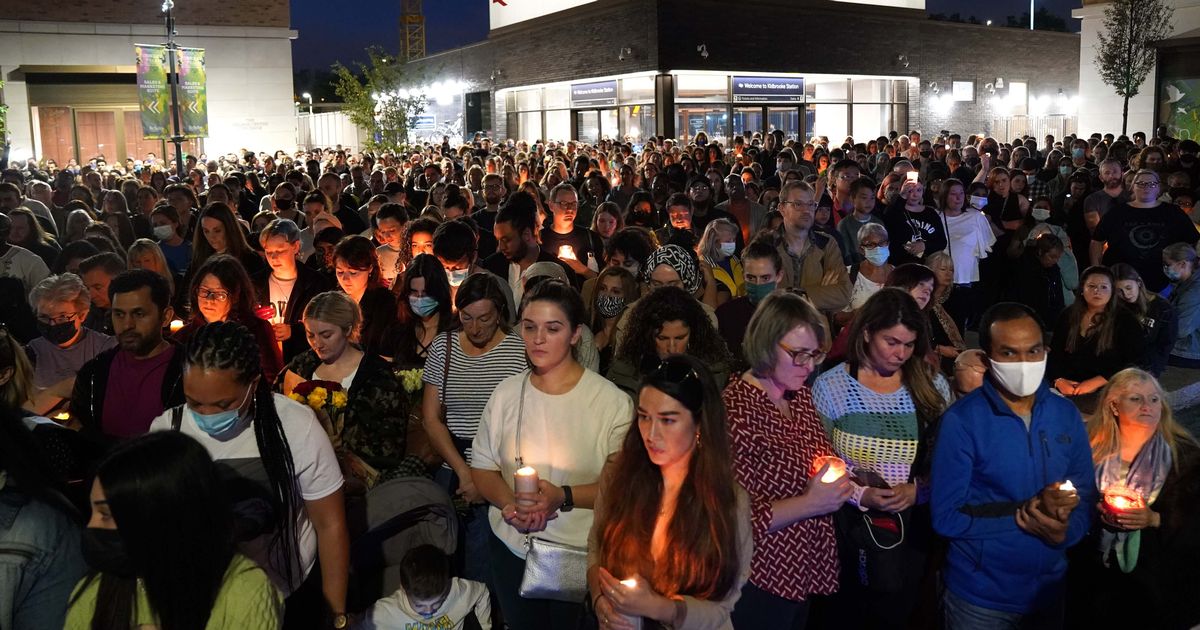
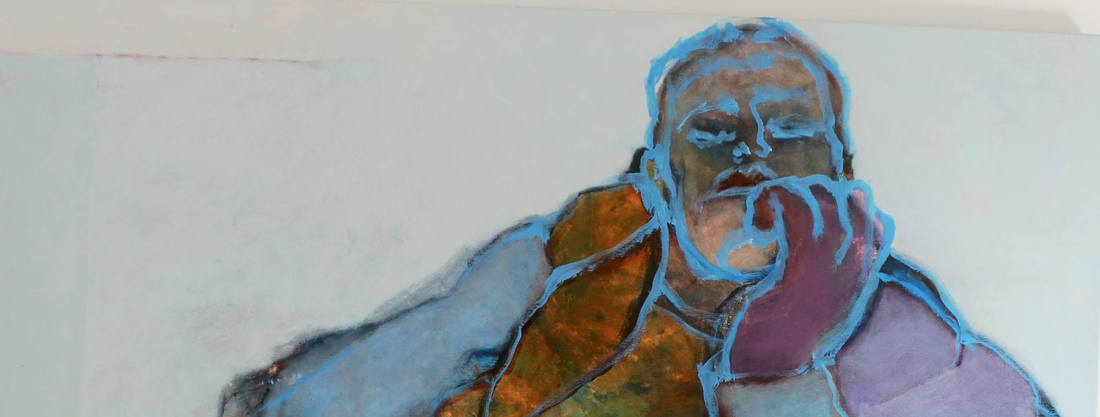
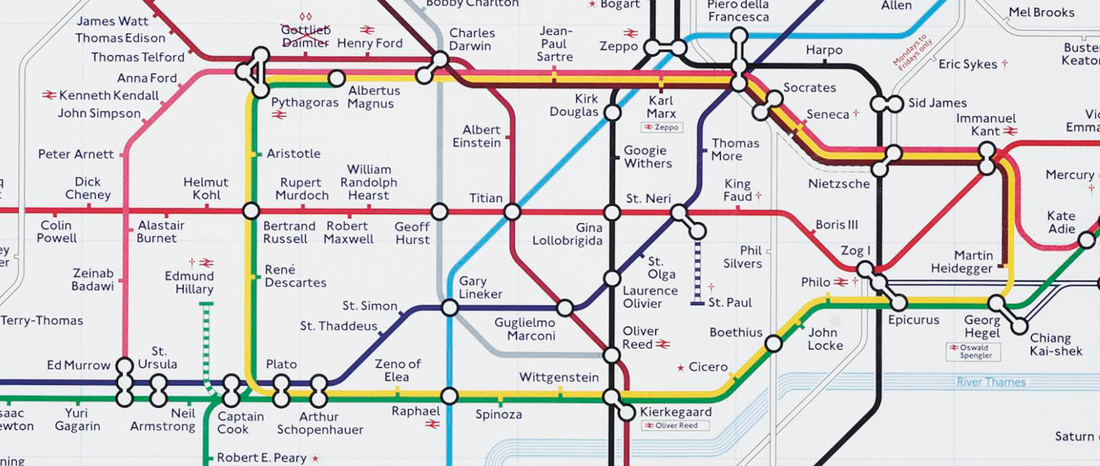

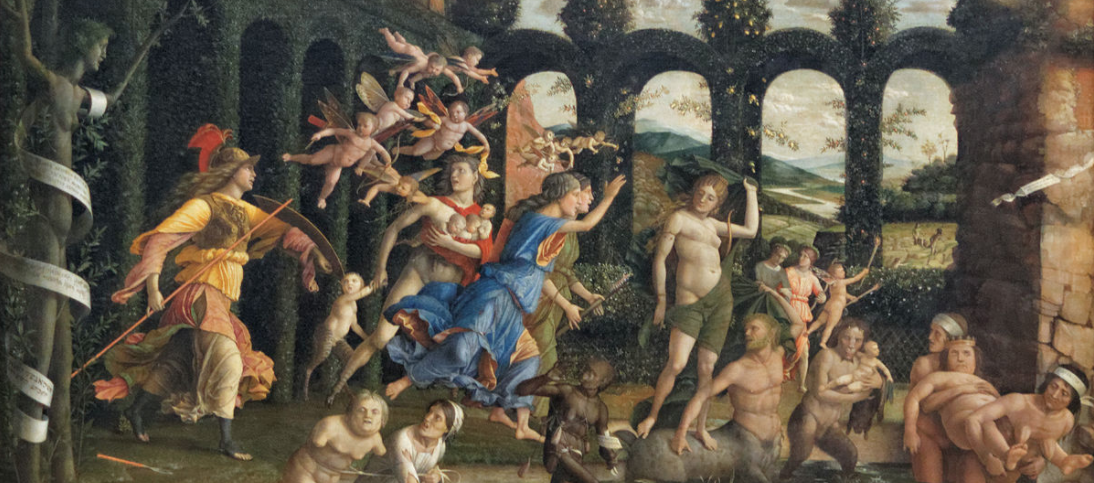

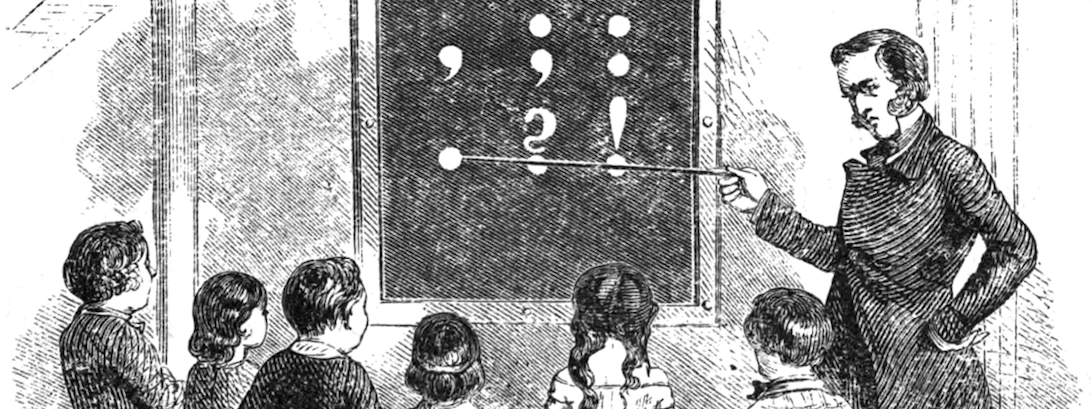
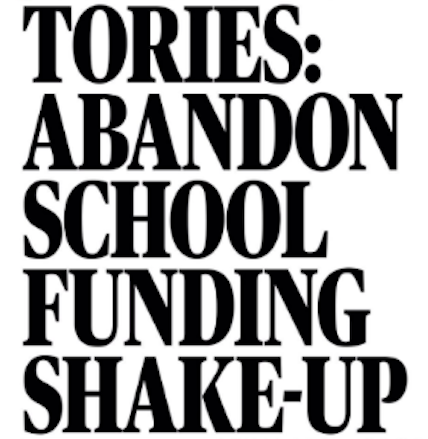


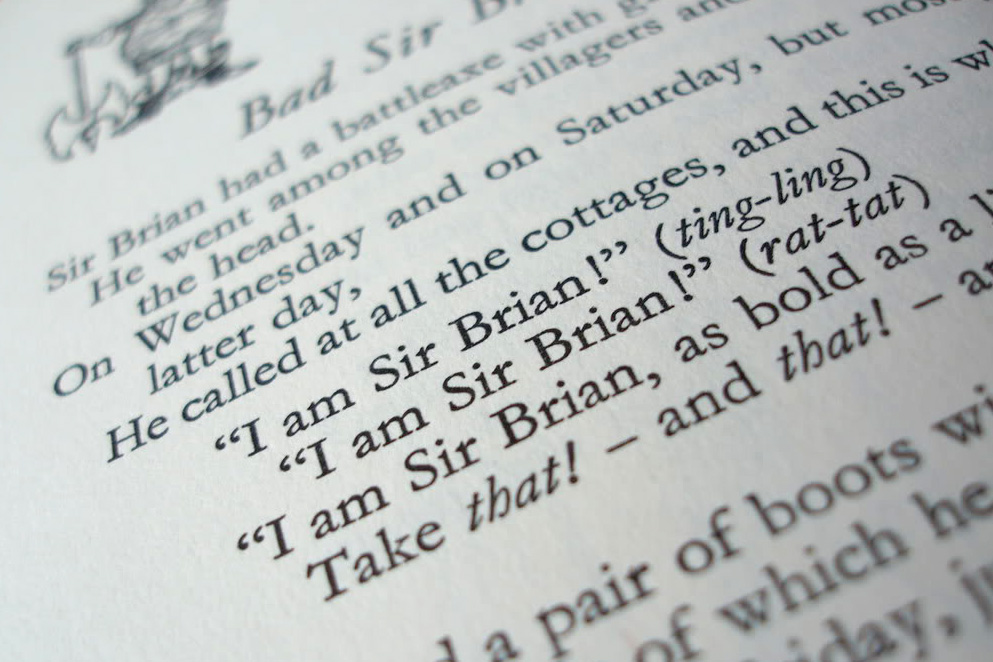



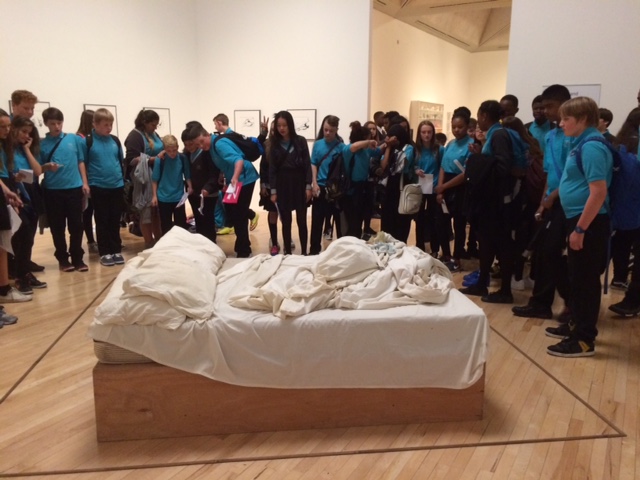
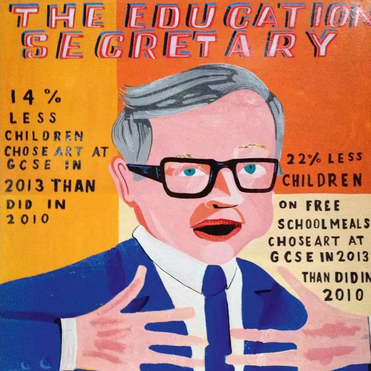
 RSS Feed
RSS Feed